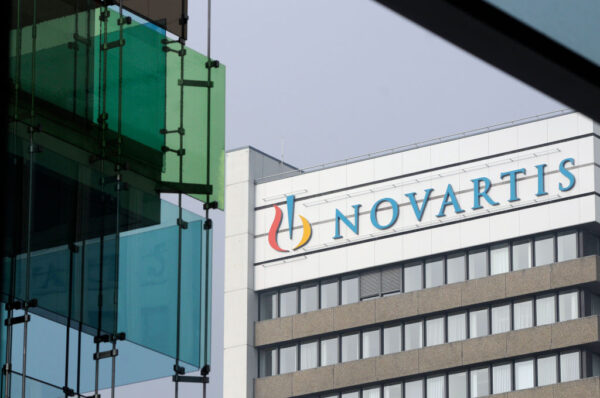STAT+: Pharmalittle: We’re reading about Trump and drug prices, an FDA plan for U.S. manufacturing, and more
2 months 2 weeks ago
Pharma, Pharmalot, pharmalittle, STAT+
STAT+: Moderna announces layoffs, and Alnylam’s heart drug sees quick uptake
2 months 3 weeks ago
Biotech, Business, Pharma, The Readout, biotechnology, drug development, drug prices, Research
STAT+: Pharmalittle: We’re reading about Prasad’s downfall at FDA, Moderna job cuts, and much more
2 months 3 weeks ago
Pharma, Pharmalot, pharmalittle, STAT+
STAT+: Pharmalittle: We’re reading about Trump and pharma tariffs, an abortion pill ruling, and more
3 months 1 week ago
Pharma, Pharmalot, pharmalittle, STAT+
AbbVie Pays $700M for Drug Engineered to Overcome Resistance in Multiple Myeloma
3 months 2 weeks ago
BioPharma, Daily, Pharma, AbbVie, antibody drug, biopharma nl, Cancer, Clinical trial, deals, multiple myeloma
STAT+: Brawl over Eylea gets biosimilar industry’s attention
3 months 2 weeks ago
Biotech, Business, Pharma, The Readout, biotechnology, drug development, drug prices, Research
STAT+: Pharmalittle: We’re reading about Regeneron’s patent maneuvers, FDA rejection letters, and lots more
3 months 2 weeks ago
Pharma, Pharmalot, pharmalittle, STAT+
Blockbuster Novartis Drug Fails Key Test Hoped to Expand Its Use to Rare Blood Vessel Disorder
3 months 3 weeks ago
BioPharma, Daily, Pharma, Autoimmune disorder, biopharma nl, Clinical Trials, Cosentyx, giant cell arteritis, Novartis, rare disease
STAT+: Pharmalittle: We’re reading about Spain probing Novo weight loss ads, AstraZeneca stock listing, and more
3 months 3 weeks ago
Pharma, Pharmalot, pharmalittle, STAT+
STAT+: Pharmalittle: We’re reading about Novo’s Wegovy launch gaffes, a former Pfizer exec’s subpoena, and more
3 months 3 weeks ago
Pharma, Pharmalot, pharmalittle, STAT+




